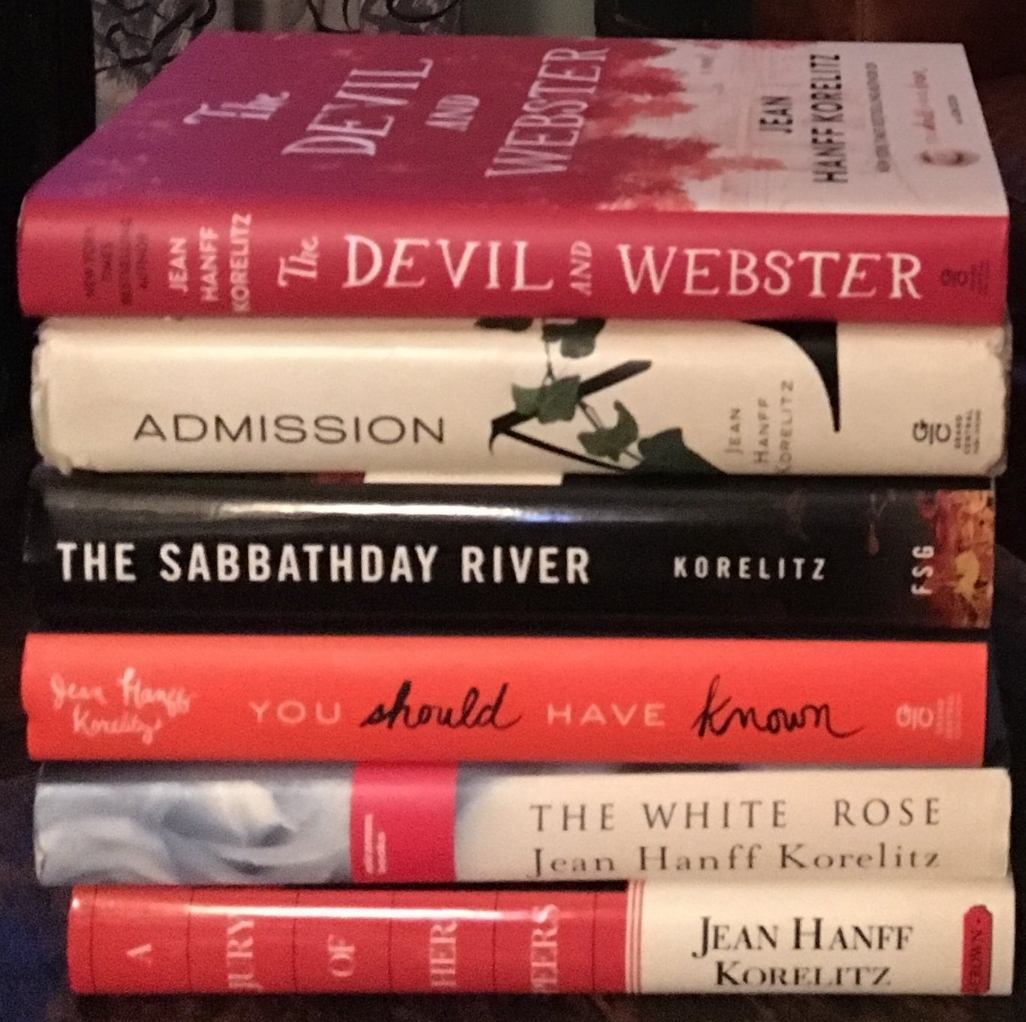In order to have a positive and effective experience it is essential that everyone (myself, the student and the student’s parents) have a common understanding of responsibilities. All three parties will read and sign the agreement, below.
What I Do:
Help you to identify and develop the subject of your personal essay and supplements. Help you, through as many edits and drafts as are necessary, to create a finished and well-made piece of writing that will personalize, contextualize and compliment the hard work you’ve done inside and outside the classroom. I will also make sure the essay fits the length limits for your essay (which you will communicate to me for that essay).
What I Don’t Do:
I don’t keep track of your college application deadlines, or of the numbers or subjects of essays or written work you may owe for each application, or of the word or character lengths of each individual essay.
I don’t nag you about writing your essays.
I absolutely will not write your essays for you.
I don’t guarantee admissions results. Nobody can. (And if someone does you should run in the other direction. Just ask Lori Loughlin and Felicity Huffman.) Competitive college admissions is a complex and mercurial process, and the purpose of an admissions committee’s work is not to reward the “best” students (or their parents!) but to provide the institutions they serve with a mix of qualified students from a broad range of backgrounds and with a broad range of academic, creative, geographic, athletic and personal strengths. Decisions seldom come down to a grade or a test score, the number of community service hours, or even the best-written and most impactful essays; there are far more elements in play than an applicant is typically aware of. Working hard to write the best essays you can is a matter of controlling what you can control, and you should absolutely do that, but there is a point beyond which one simply cannot control what happens. A more wholistic and useful approach to this process may be to treat it as one of many tests in life: to rise to this challenge as we should rise to all challenges, accept the results without self-recrimination, and make the best of what happens.
What the Student is Responsible For:
You must keep track of all essays you need to write, including their deadlines, subjects, and word lengths.
You must do your own research into programs at the schools you are applying to, faculty you hope to work with at those schools and activities you hope to participate in.
You must communicate with me regularly and promptly via email (text if necessary), sending your work back to me via a Word document (preferred) or Google Doc. You must Spell Check and Grammarly check your essays, and either make recommended changes or flag them for me, if you disagree with them. You must consider my suggestions and edits, even if you ultimately choose not to accept them. It’s your essay.
What the Student’s Parents are Responsible For:
I share the parents’ goal of helping their student write the best essays possible, giving them the best possible chance of admission to their top choice colleges. Although I am happy to hear from parents at the beginning of the process (an email about their child’s experiences and character will help to identify possible themes and subjects for the essays) I hope they will step back once the work begins in earnest. It is necessary for the student to take ownership of this process, and that can’t happen when additional cooks are in the kitchen. This point holds true for other contributors: graduates or current students at the colleges in question, professional writers, etc. It is also important to point out that admissions officers are highly attuned to essays that read as too polished and too adult, and applicants whose essays do not ring true to the student may be rejected on that basis.
There are many ways to create a fine essay, and I would never claim that mine is the only one, or even better than anyone else’s. I have watched my own two children navigate the admissions process, and I fully understand (believe me) the stress parents may be experiencing. I am happy to discuss that stress at the outset of my work with your student, but beyond that I ask that you trust me to help them write the best essay they can.
A Note on High School Counselors and Teachers:
On-site college counselors vary in their approach to outside consultants. Some are happy for the additional eyes on their students’ applications; others take a dim view of outside assistance in general. It is up to students and their families to make their peace with any confusion or conflict around this subject; I will not speak to or negotiate with a student’s college counselors. In the end, students may submit whatever version of their work they feel best represents them and furthers their goals: I am here to advise, not to dictate.
Please print out this page, read carefully, and keep for reference, then sign the agreement and send it back to me, via email or mail.
Agreed:
__________________________
Jean Hanff Korelitz, Essay Coach
————————————————
Applicant
___________________________
Applicant’s Parent
